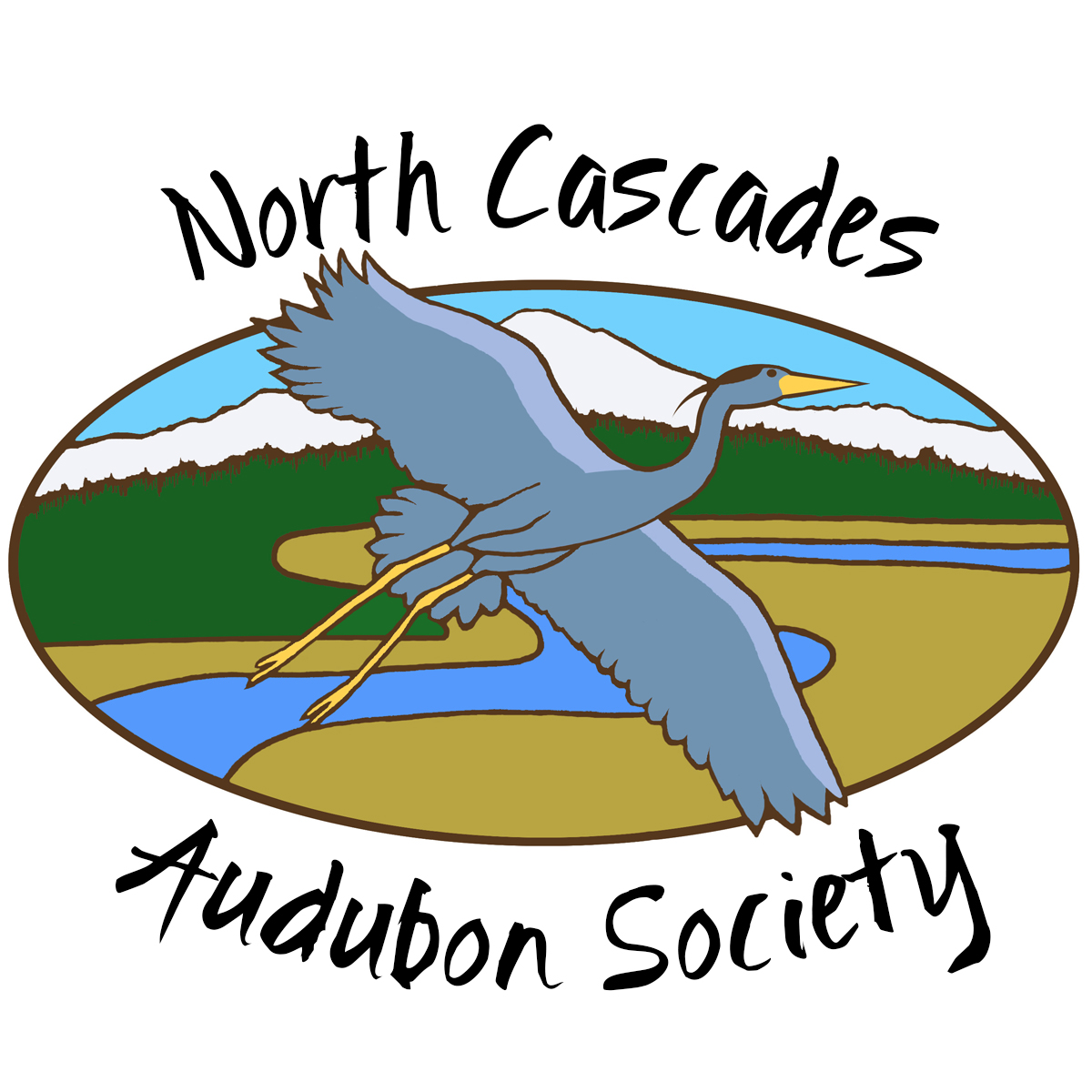Ocean acidification is sometimes called the evil twin of climate change. It's driven by the carbon dioxide being added to the atmosphere, which is changing the chemistry of the oceans. These changes can influence how hard it is to make a shell, or how easy it is for plants and algae to grow. Ocean acidification can affect anything from the survival of tiny oysters to the sense of smell in fish, affecting marine food webs in varied and unpredictable ways. Brooke will go over how ocean waters are changing and some of the more common responses among different kinds of organisms, including some that are common in the Salish Sea. She will discuss what we do and don't know about what happens when things get complicated, like when temperature and carbon dioxide are changing at the same time, or in coastal waters that have many other influences. Finally, she will take a look at what we know about what the future holds and how people and policy makers are addressing the coming changes.
Brooke Love (WWU Associate Professor) is an oceanographer who is interested in how ocean acidification and climate change are unfolding in our local Washington waters. She is a chemical oceanographer by training, who started building instruments to measure carbon dioxide in high temperature black smokers on the sea floor. She now studies how ocean acidification and temperature change affect organisms ranging from plankton, to eelgrass to herring. This involves a lot of plumbing, and she is always happy with a box of fittings and some tubing. She's also dedicated to ocean education inside and outside the classroom.
Back to All Events
Earlier Event: November 26
Audubon at the Museum
Later Event: December 2
Eagle Watching Field Trip

